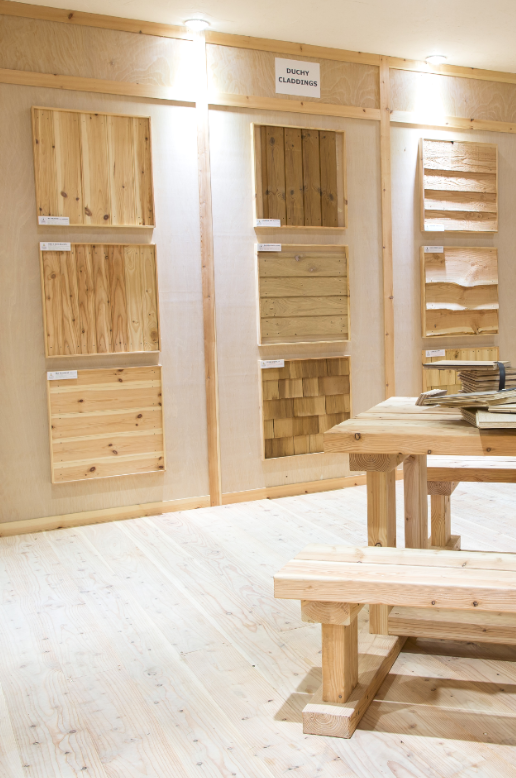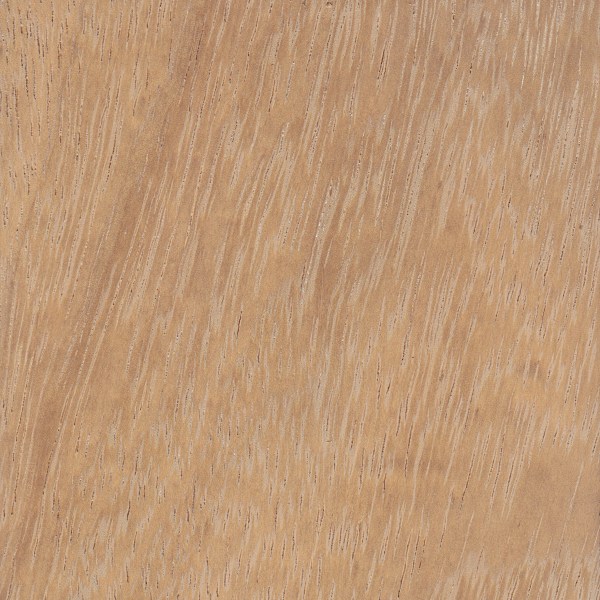Iroko grows in West Africa and is principally found in the Ivory Coast and Ghana. The wood is very hard, heavy and dense and is considered to be one of the most durable hardwoods of West Africa. When properly maintained, iroko hardwood can last for many years (around 35 years) without showing significant signs of wear and tear.
Naturally resistant to rot and decay, Iroko is an ideal choice for outdoor and high-moisture applications, for example boat and ship building. It is also resistant to termite and insect attacks.
The timber has a golden brown colour, which over time, may darken slightly due to exposure to light and the natural aging process.
Iroko has a density of around 630-660 kg/m3 and excellent strength properties comparable to teak – in fact, Iroko is also known as African Teak! Iroko works moderately well when machined, due to its hardness there is a tendency to dull cutters. Premier Forest Products can machine iroko hardwood to order in standard and bespoke profiles.
Iroko at a glance:
- Botanical name: Milicia excelsa, M. regia (syn. Chlorophora excelsa, C. regia)
- Common names: Iroko, African Teak.
- Density: The wood has a density of about 630-660 kg/m3.
- Colour: Pale yellow to Golden brown.
- Texture / Grain: medium to coarse texture, with open pores and an interlocked grain.
- Hardness: Janka hardness rating of about 1,260 lbf (5,610 N) which is considered as very hard.
- Stability: The wood is stable enough to work with, and it can be glued, screwed and nailed.
- Durability: Iroko wood is considered as ‘very durable’ and resistant to decay, termite and marine borers.
- Working Properties: Iroko wood is considered as a fairly difficult wood to work with, due to its density and interlocked grain, but it can be worked with hand and machine tools.
*The Janka hardness test measures the resistance of a sample of wood to denting and wear.


